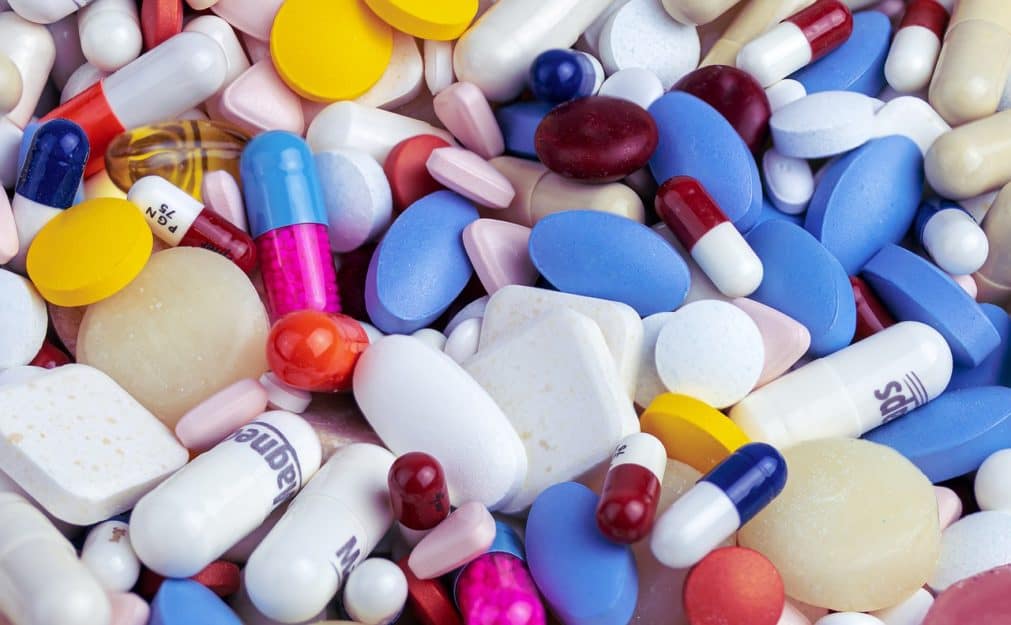Last Updated on July 10, 2021 by The Health Master
The Intellectual Property Division (IPD) set up by the Delhi High Court to deal with intellectual property rights (IPR) disputes augurs well for the pharmaceutical industry. It is an encouraging step taken towards efficient disposal of patent litigations.
There has been a gradual rise in patent litigation in the pharmaceutical sector over the years. The surge in pharma patent litigation in the country is attributed to the amendment introduced to the Patents Act, to bring it in line with Agreement on Trade-Related Aspects of Intellectual Property Rights (TRIPS). In 2005 India introduced product patents for pharmaceuticals due to its commitment under TRIPS.
The Indian Patent Office started issuing product patents in 2009. As a result, the innovator foreign drug companies started filing infringement suits against domestic drugmakers, which led to a rise in patent litigation in the pharma sector.

The Delhi High Court has been the busiest with patent litigation followed by the Bombay High Court and the Madras High Court. Patent experts dealing with IP suits in the pharma sector have welcomed the creation of IPD by the Delhi High Court.
“The creation of Intellectual Property Division with comprehensive, dedicated rules will not only streamline the proceedings, but will also have a significant impact on the jurisprudence surrounding intellectual property. The pharmaceutical industry may expect legally sound and technically nuanced orders from the Delhi High Court in patent disputes, since a dedicated panel of scientific advisors is expected to be constituted as per the draft Rules Governing Patent Suits, 2020 to hear matters alongside the judges,” said Anay Shukla, managing partner, Arogya Legal.
The IPD has been set up by the High Court to avoid multiplicity of proceedings and possibility of conflicting decisions with respect to matters relating to the same trademarks, patents, design etc.
The IDP has been constituted based on the committee’s recommendations constituted by Chief Justice DN Patel and composed of Justice Prathiba M Singh and Justice Sanjeev Narula. The committee was constituted to streamline and comprehensively review how a large quantum of IPR cases should be dealt with; they have submitted their report on IPR and non-IPR subjects.
Latest Notifications: General (Pharmaceuticals)
Latest Circulars: (IPC) Indian Pharmacopoeia Commission
Starch powder sold as Black Fungus medicine: Scam busted
NPPA fixes price of drug for the treatment of Black Fungus
CDSCO asks Philips India to discontinue these Ventilators
NABL 126: Specific criteria for calibration of Medical Devices
The high court, in a statement, said IPD benches shall be notified by the Chief Justice from time to time and exclusive IPD benches are also likely to be created for dealing with such matters.
“An office order will be issued specifying nomenclature to be given to such petitions and also about payment of court-fee for such matters. The comprehensive rules for the IPD are being framed. For governing the procedures for adjudication of patent disputes before the Delhi High Court, a committee has been constituted to frame the `Delhi High Court Patent Rules.’ The first draft of these Rules has received stakeholders’ comments,” the statement said.
The decision to constitute the two-member committee and the IPD was taken in view of the fact that the Tribunals Reforms (Rationalisation and Conditions of Service) Ordinance, 2021 which came into force in April 2021 led to the abolition of various boards and appellate tribunals which existed under different laws governing IPR.
The power to deal with all the pending matters before the boards/tribunals and fresh matters under these statutes, have now been vested in the high courts, the statement said.
As per information received from the Intellectual Property Appellate Board (IPAB), around 3,000 cases will be transferred to the Delhi High Court.
The Delhi High Court is already seized of various categories of IPR matters, including suits relating to infringement of trademarks, copyrights, patents, writ petitions, revision petitions arising from IPR suits before the commercial courts, appeals from orders/ judgements of the commercial courts concerning IPR suits.
The creation of IPD in the Delhi High Court is a significant step which is in line with global practices in this regard. Such IP Divisions or IP courts, which exclusively deal with IPR matters, already exist in UK, Japan, Malaysia, Thailand and China and the creation of IPD with comprehensive rules governing IPR matters, is a momentous step taken towards efficient disposal of such matters, said the statement.








